A Remote Procedure Call (RPC) server is a server that enables a program to execute a procedure—often called a subroutine or function—on another address space, typically on a different physical machine. This inter-process communication model allows a client application to call functions on the server as if they were local procedures, abstracting the complexity of network communications.
RPC plays a pivotal role in distributed computing by enabling seamless interaction between different system components distributed across various networked environments. It simplifies the development of complex distributed applications by abstracting the network communication layer, allowing developers to focus on the core application logic rather than the underlying networking details.
How Does RPC Work?
RPC works by allowing a client to invoke a procedure on a remote server. When the client calls a remote procedure, the RPC system packages the procedure parameters and sends them to the server. The server then unpacks the parameters, executes the procedure, and sends the results back to the client.
Client-Server Model in RPC
In the RPC model, there are typically two main components:
- Client: The entity that requests the execution of a procedure.
- Server: The entity that implements the procedure and processes the client’s requests.
The client and server communicate over a network, with the client initiating requests and the server responding. This model allows for distributed applications where different functionalities are handled by different servers.
Synchronous vs. Asynchronous Calls
- Synchronous Calls: In a synchronous RPC call, the client waits for the server to process the request and return the response. This blocking behavior ensures that the client does not proceed until the operation is complete.
- Asynchronous Calls: In an asynchronous RPC call, the client does not wait for the server to respond. Instead, it can continue processing other tasks while waiting for the server’s response, which can be handled via callbacks or polling mechanisms.
Types of RPC Protocols
JSON-RPC
JSON-RPC is a lightweight remote procedure call protocol encoded in JSON. It is simple and easy to implement, making it a popular choice for web-based applications. JSON-RPC supports both positional and named parameters and allows for notifications (calls without a response).
XML-RPC
XML-RPC uses XML to encode its calls and HTTP as a transport mechanism. It is older but still used in many systems due to its simplicity and wide support. XML-RPC is platform-independent and language-agnostic, making it a versatile choice for various applications.
gRPC
gRPC is an open-source RPC framework developed by Google. It uses Protocol Buffers for serialization and HTTP/2 for transport. gRPC offers advanced features like bi-directional streaming, authentication, load balancing, and more, making it suitable for performance-critical applications.
Advantages of Using RPC Servers
- Simplicity: Abstracts the complexity of network communication, making it easier for developers to build distributed systems.
- Interoperability: Allows different applications written in various programming languages to communicate seamlessly.
- Scalability: Facilitates the scaling of applications by distributing functionalities across multiple servers.
- Performance: Optimized protocols like gRPC offer high performance and low latency, suitable for real-time applications.
Common Use Cases for RPC
Microservices Architecture
In microservices architecture, applications are composed of small, loosely-coupled services that communicate over a network. RPC enables efficient communication among these services, enhancing modularity and scalability.
Web Services
Web services often use RPC protocols like JSON-RPC or XML-RPC to enable communication between different web applications or components, facilitating data exchange and functional integration.
Distributed Systems
RPC is fundamental in distributed systems where different components reside on separate networked computers. It allows these components to interact as if they were on the same local system, simplifying the overall system design.
Setting Up an RPC Server
Setting up an RPC server involves several steps:
- Choose a Protocol: Select an appropriate RPC protocol based on your application’s requirements (e.g., JSON-RPC, XML-RPC, gRPC).
- Define Interfaces: Specify the remote procedures that the server will expose to clients.
- Implement Server Logic: Develop the server-side logic that handles the remote procedure calls.
- Set Up Networking: Configure the server to listen for incoming client requests over the network.
- Security Measures: Implement security mechanisms like authentication, encryption, and authorization to protect the communication.
Conclusion
RPC servers have revolutionized the way distributed systems are built and maintained. By abstracting the complexities of network communication, RPC enables developers to focus on building robust and scalable applications. Whether it’s for microservices, web services, or large distributed systems, understanding and implementing RPC can significantly enhance your development workflow.
FAQ Section
How does an RPC server communicate with clients?
An RPC server communicates with clients by listening for incoming requests over the network. Once a request is received, the server processes it, executes the corresponding procedure, and sends the results back to the client.
What are the common protocols used in RPC servers?
Common protocols used in RPC servers include JSON-RPC, XML-RPC, and gRPC. Each protocol has its unique features and is suitable for different use cases and application requirements.
What are the advantages of using an RPC server over other communication methods?
RPC servers offer simplicity, interoperability, scalability, and performance. They abstract the complexities of network communication and enable seamless interaction between different components of a distributed system.
Can RPC servers handle asynchronous calls?
Yes, RPC servers can handle asynchronous calls. In an asynchronous RPC call, the client does not wait for the server’s response and can continue processing other tasks. The response is handled later, usually through callbacks or polling mechanisms.
What security measures should be taken when setting up an RPC server?
When setting up an RPC server, it is crucial to implement security measures such as:
- Authentication: Ensuring that only authorized clients can access the server.
- Encryption: Protecting data transmission using encryption protocols like TLS.
- Authorization: Controlling access to specific procedures based on client permissions.
- Logging and Monitoring: Keeping track of server activity to detect and respond to potential security threats.

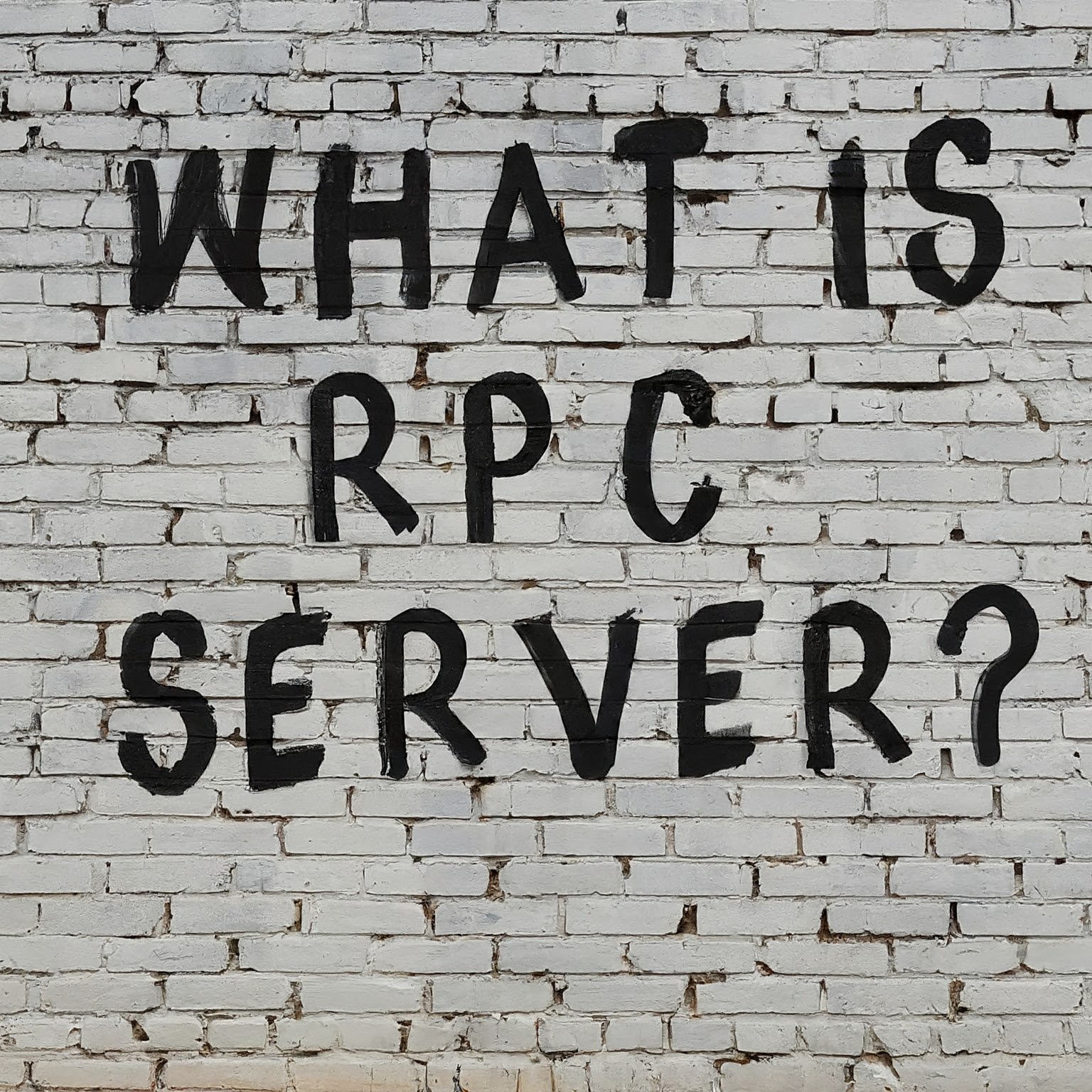

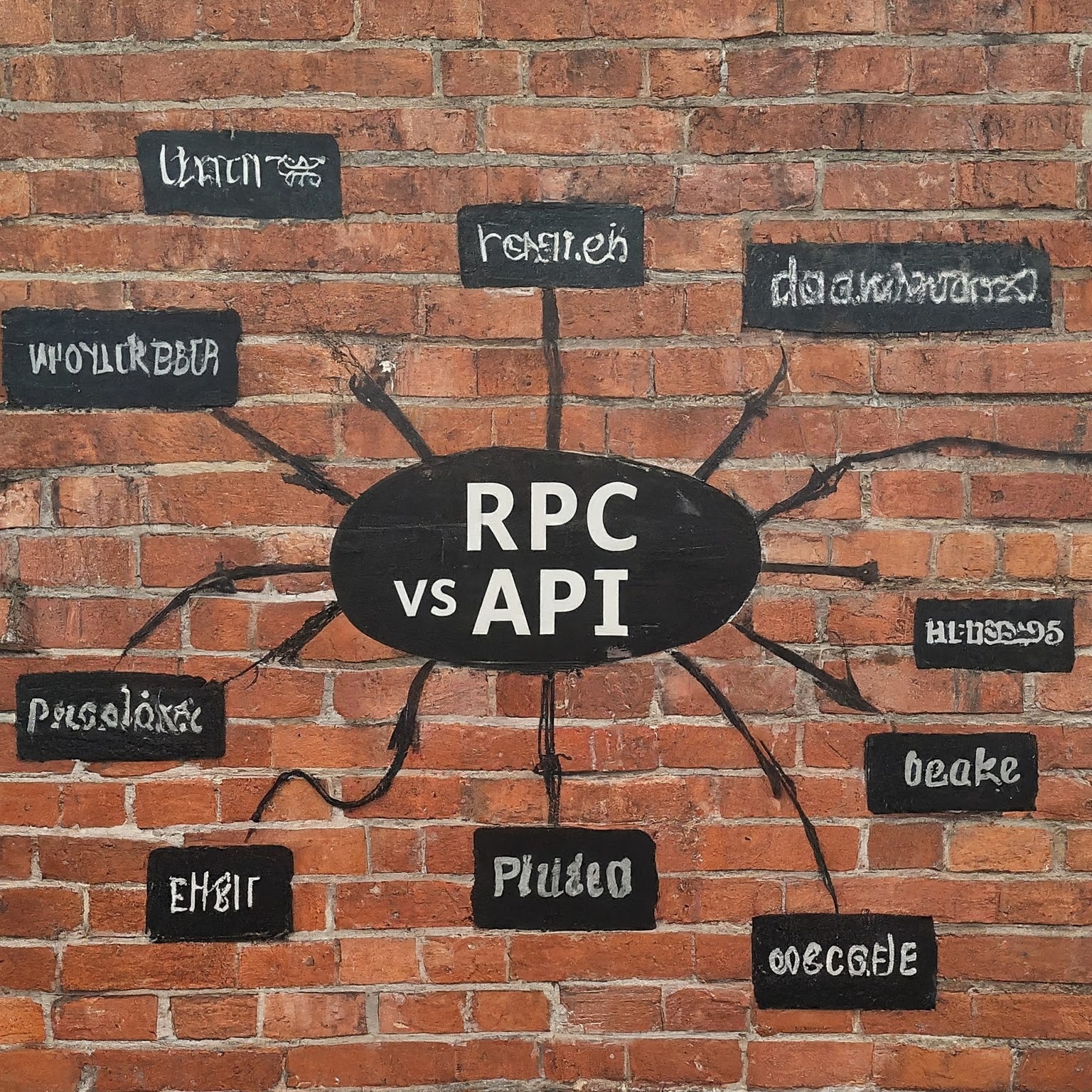
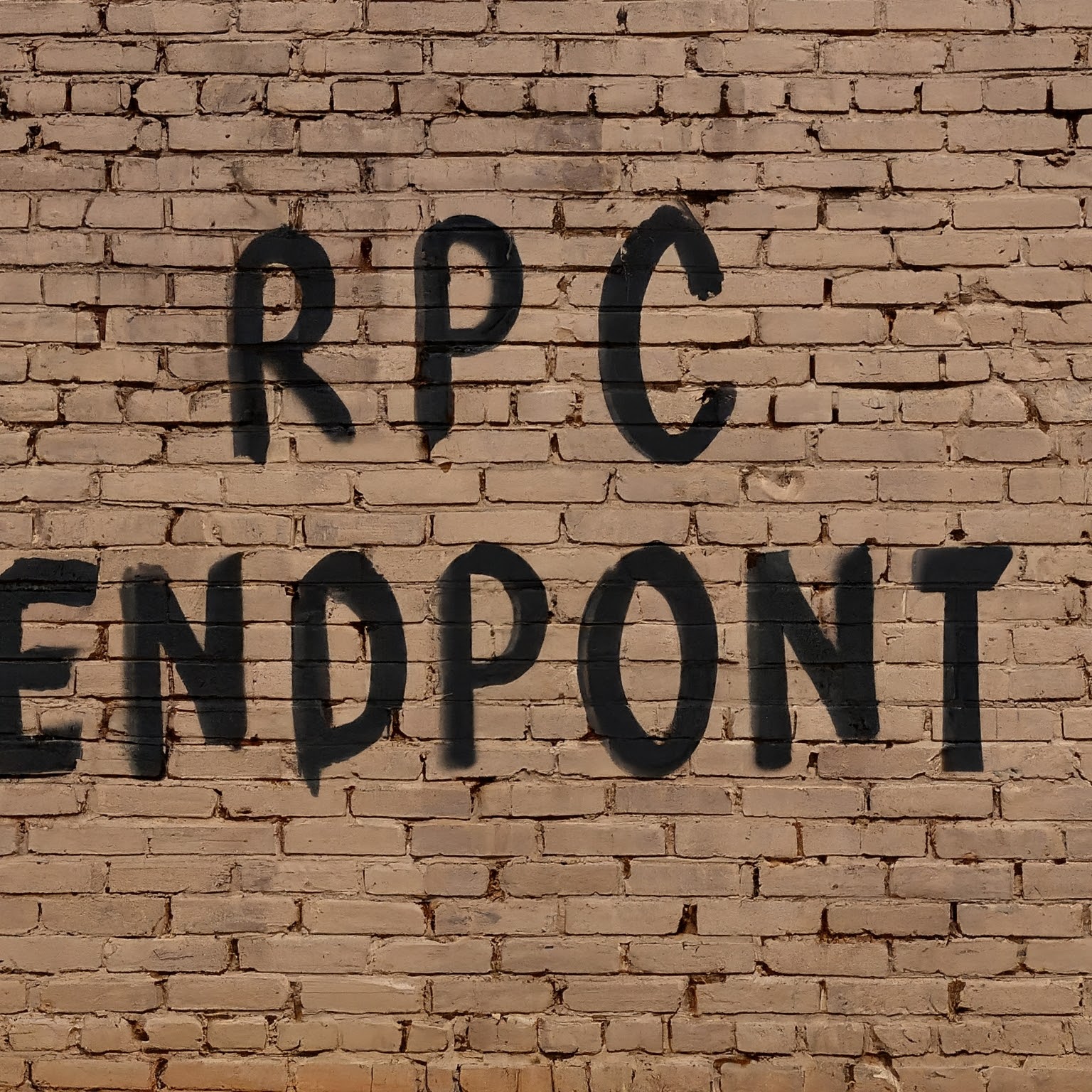
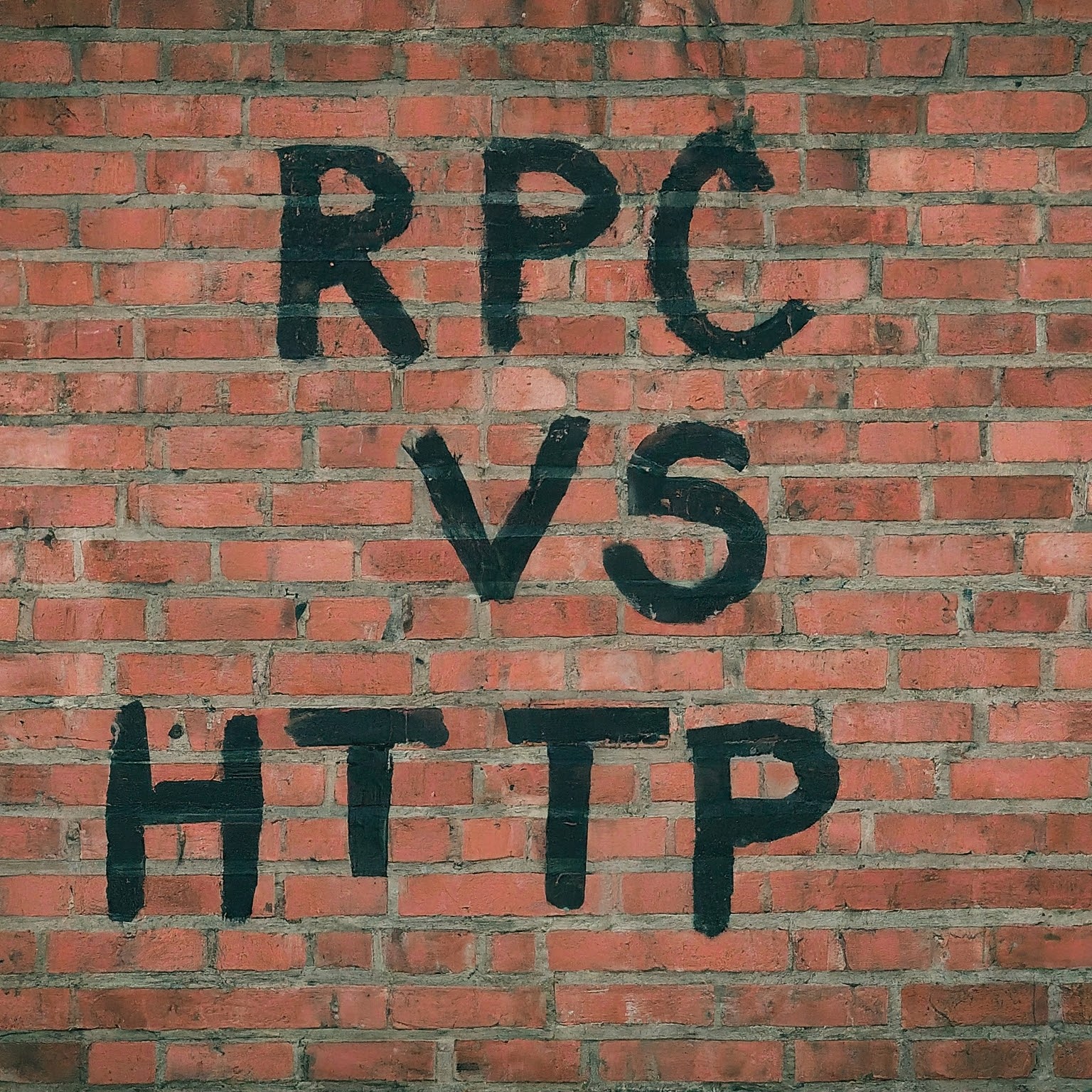
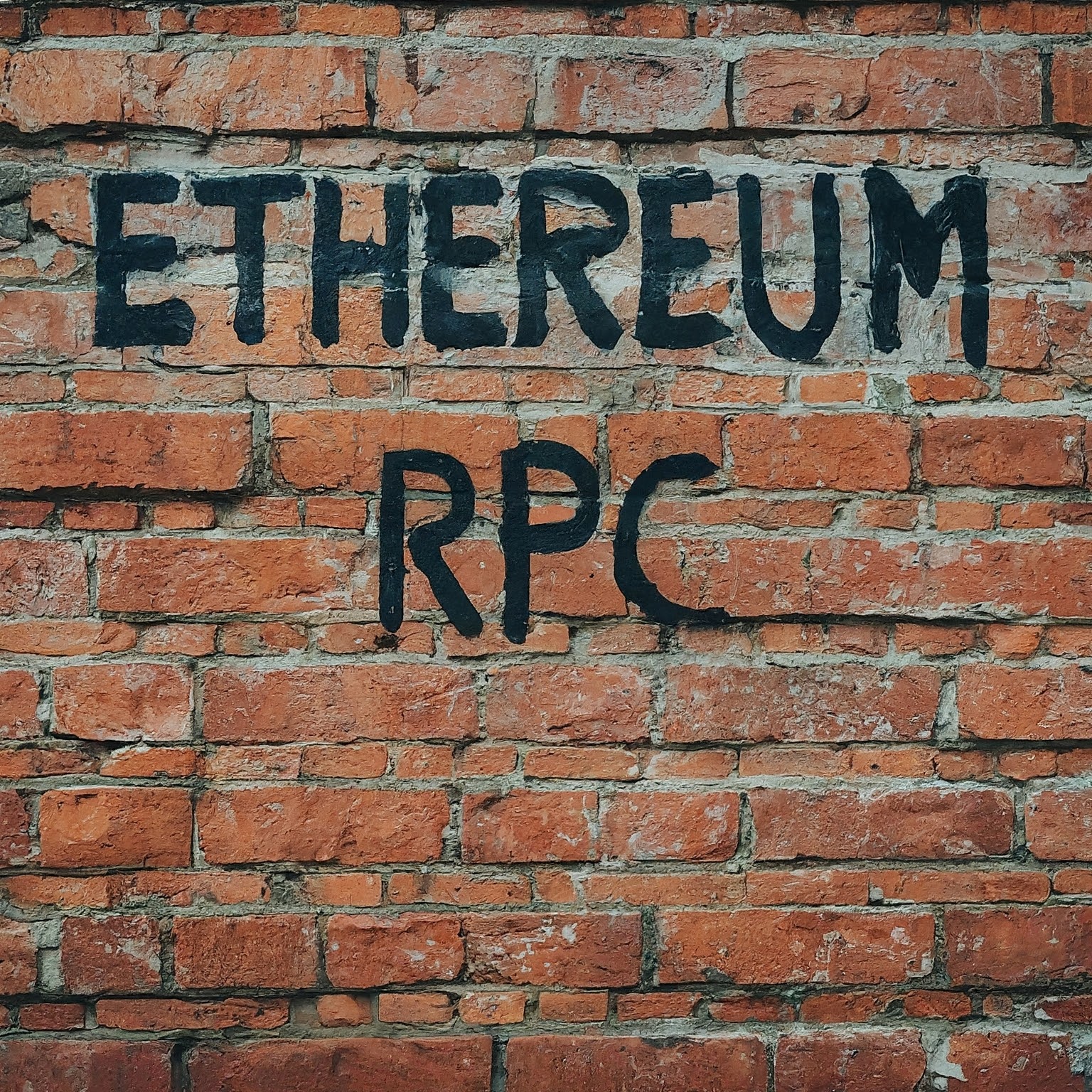

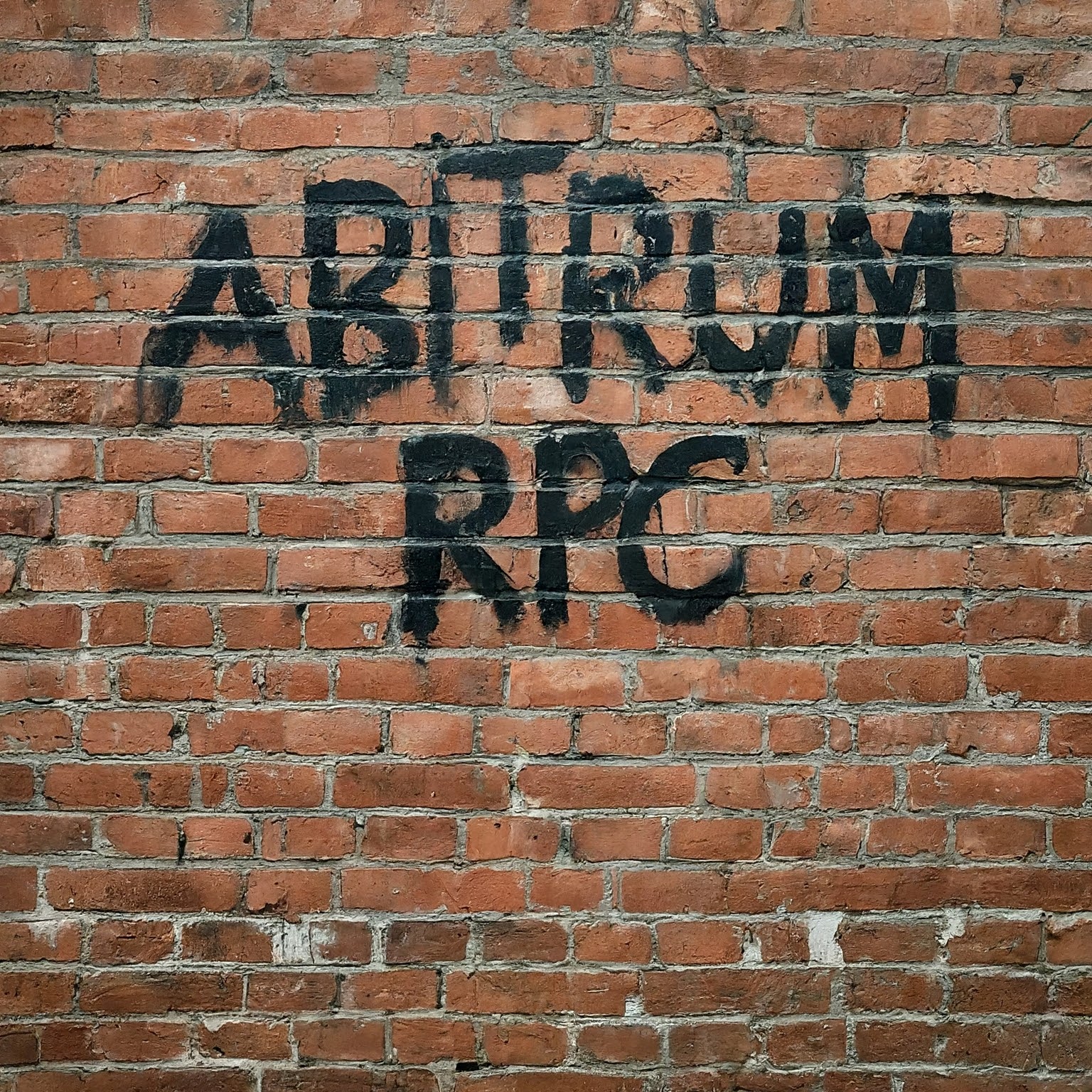

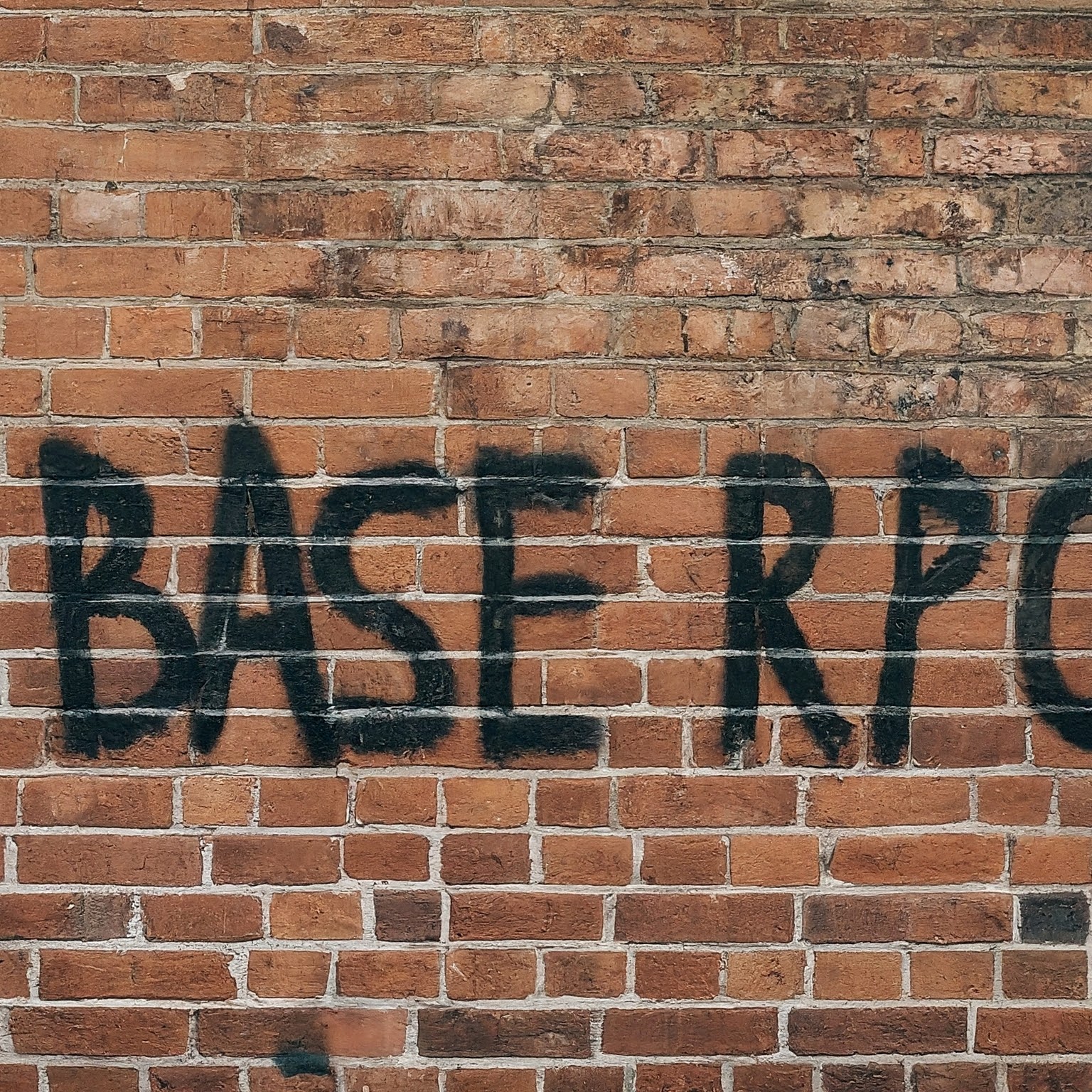
Leave a Reply
You must be logged in to post a comment.